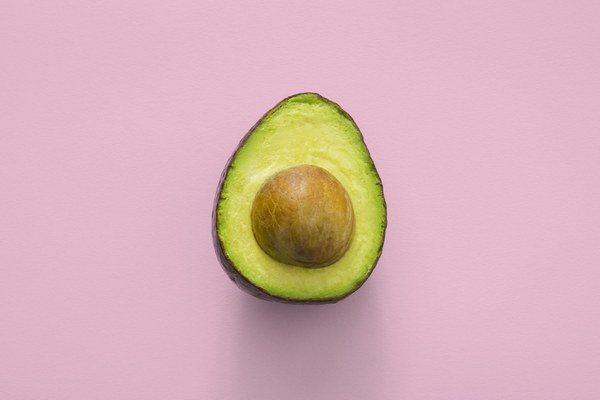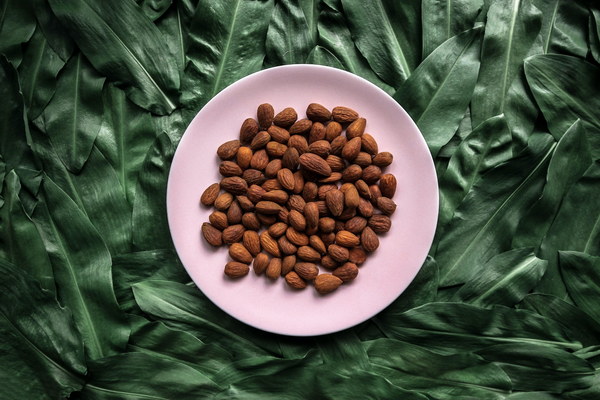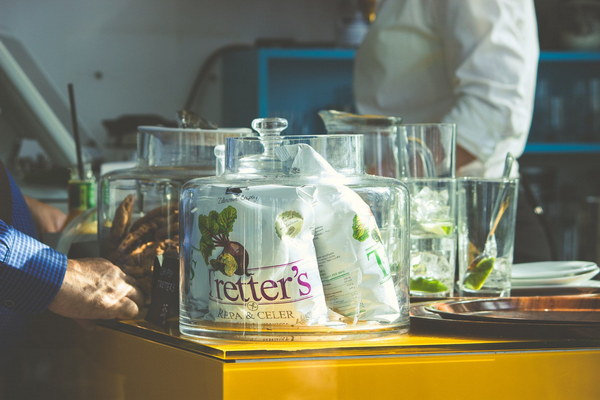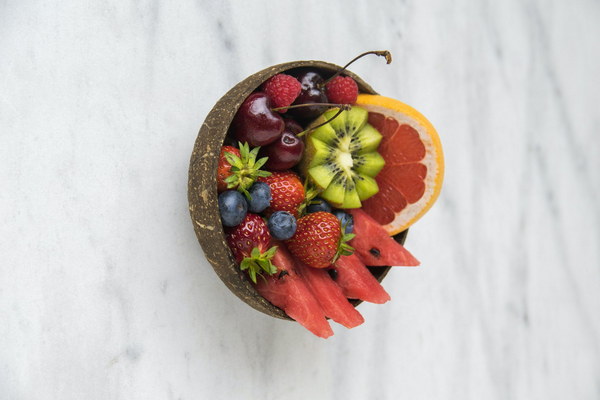Embracing the Art of Self-Nourishment The Essence of Chinese Health and Wellness Without Supplements
In the realm of health and wellness, the concept of self-nourishment has always been a cornerstone of Chinese traditional medicine. The philosophy of not adding supplements emphasizes the importance of cultivating a balanced lifestyle that promotes overall well-being without relying on external substances. This article delves into the principles of this approach, exploring the significance of self-nourishment and how it can be achieved.
The foundation of Chinese health and wellness lies in the concept of Yin and Yang, which represents the dynamic balance of complementary forces within the body. The principle of not adding supplements stems from the belief that the body has an innate ability to maintain equilibrium when given the right conditions. By focusing on self-nourishment, individuals can enhance their body's natural healing processes and achieve a state of harmonious well-being.
One of the key aspects of self-nourishment is a balanced diet. Chinese traditional medicine emphasizes the importance of consuming a variety of foods that provide essential nutrients, vitamins, and minerals. The concept of Five Elements plays a crucial role in this approach, as it suggests that different foods correspond to specific elements, which in turn, influence the body's balance. For instance, foods associated with the Wood element, such as green leafy vegetables, are believed to promote liver health, while those linked to the Earth element, like sweet potatoes and millet, support digestion and blood sugar regulation.

Moreover, the concept of food as medicine is deeply rooted in Chinese wellness. Many traditional Chinese herbs and ingredients found in everyday cuisine, such as ginger, garlic, and turmeric, have been used for their medicinal properties for centuries. By incorporating these ingredients into their diet, individuals can support their immune system, alleviate common ailments, and maintain optimal health.
In addition to diet, self-nourishment encompasses the importance of physical activity and exercise. Chinese traditional medicine emphasizes the significance of tai chi, qigong, and other gentle forms of exercise that promote the flow of Qi, or life force, within the body. These practices not only enhance physical strength and flexibility but also foster mental and emotional well-being.
Mental and emotional balance is another critical aspect of self-nourishment. Chinese traditional medicine recognizes the interconnectedness of the mind, body, and spirit, and the influence of stress, anxiety, and negative emotions on overall health. Practices such as meditation, mindfulness, and emotional expression are encouraged to maintain harmony within the mind and body.
Furthermore, the concept of not adding supplements extends to the avoidance of harmful substances and environmental factors. Chinese traditional medicine emphasizes the importance of living in harmony with nature and avoiding exposure to pollutants, toxins, and excessive noise. By reducing exposure to these harmful elements, individuals can create a healthier environment for their body to thrive.
In conclusion, the philosophy of not adding supplements and the emphasis on self-nourishment offer a holistic approach to health and wellness. By focusing on a balanced diet, physical activity, mental and emotional balance, and avoiding harmful substances, individuals can achieve optimal health without relying on external supplements. Embracing the art of self-nourishment allows us to tap into the body's innate ability to heal and maintain balance, leading to a fulfilling and vibrant life.









